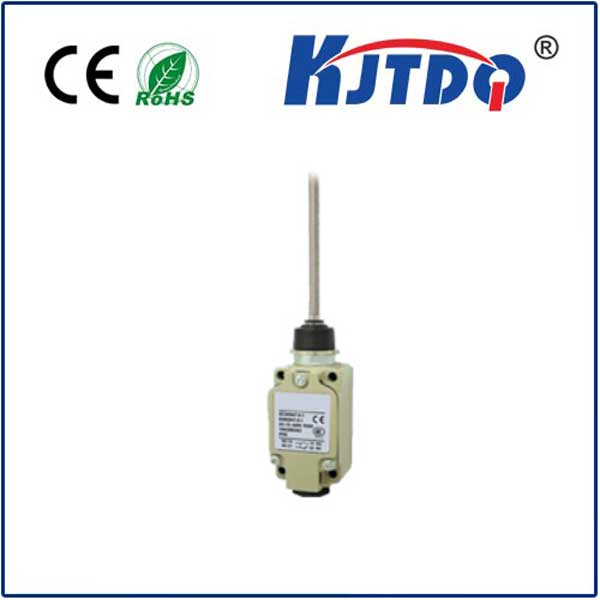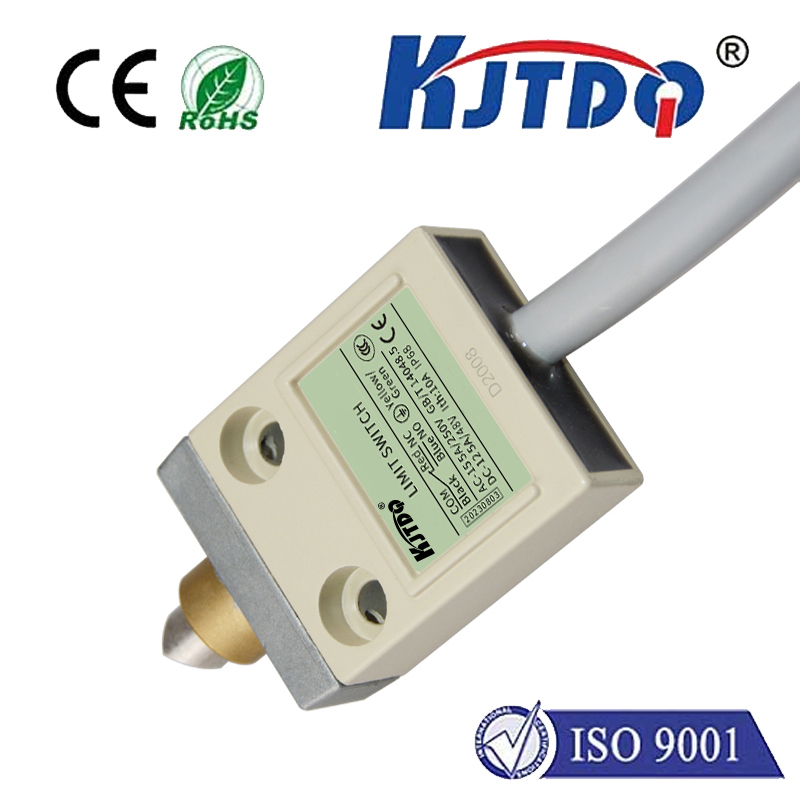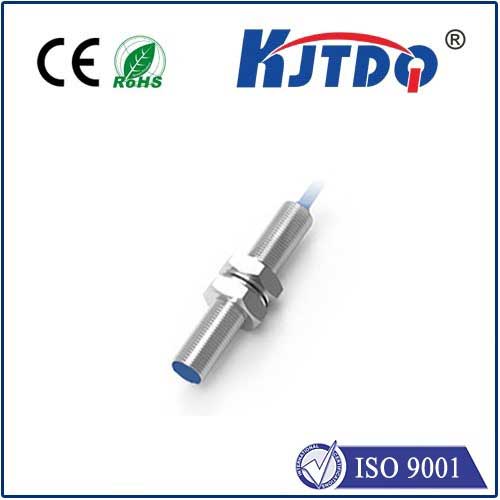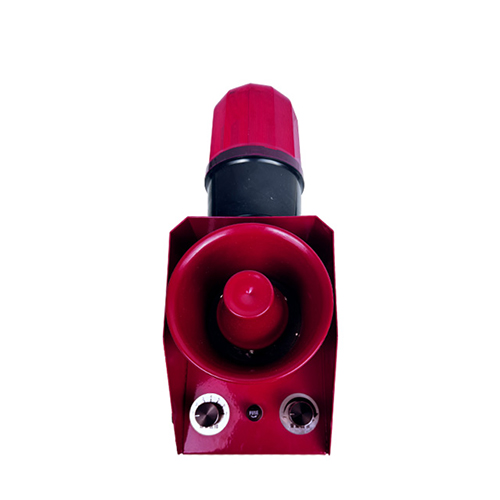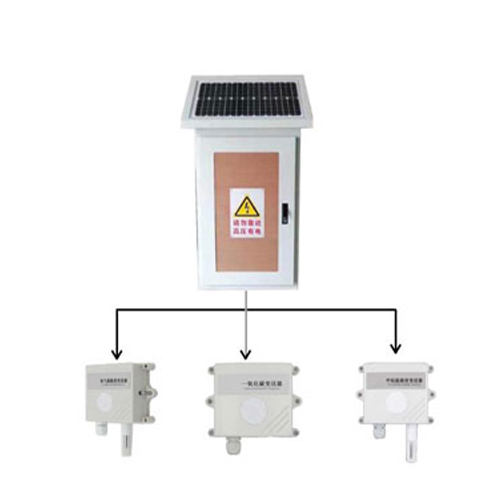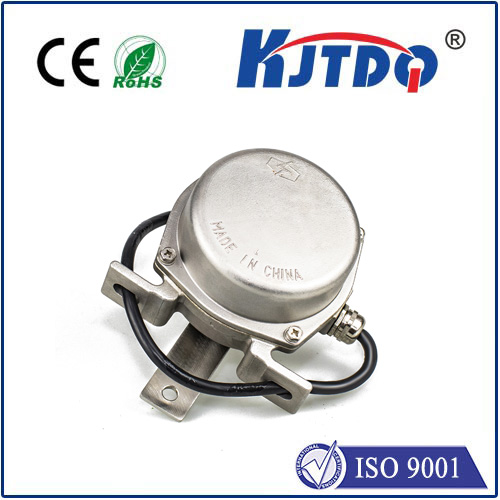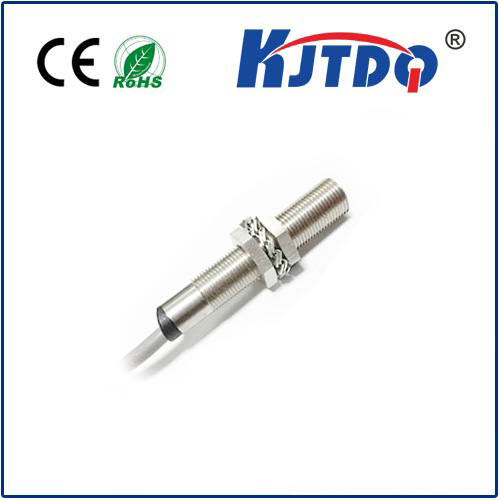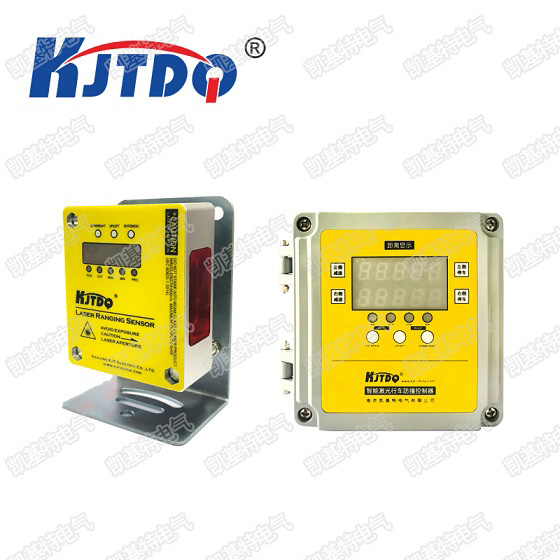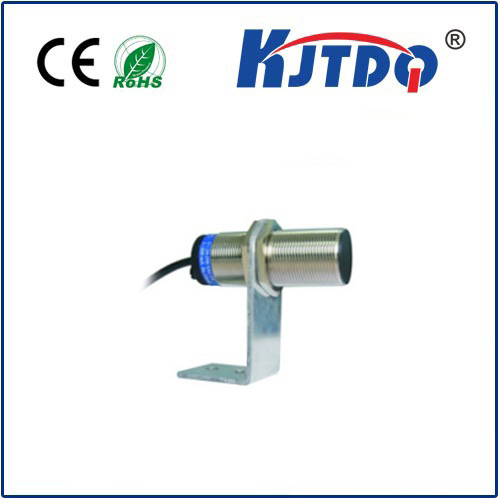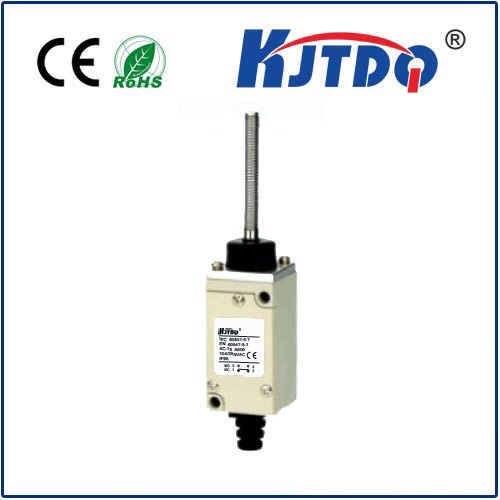

check

check

check

check

check

check

check

check

check

check
Laser Sensing Technology: Revolutionizing the Way We Measure and Interact with the World
Laser sensing technology has revolutionized the way we measure and interact with the world around us. This innovative technology uses lasers to detect and measure objects, distances, and other physical properties in a precise and accurate manner. From industrial automation to autonomous vehicles, laser sensing technology has found applications in a wide range of fields.
One of the key advantages of laser sensing technology is its ability to provide highly accurate measurements. Unlike traditional measuring tools that rely on human judgment or mechanical mechanisms, laser sensors can detect even微小的变化 in distance or position with great precision. This makes them ideal for use in situations where accuracy is critical, such as in manufacturing or construction.

Another benefit of laser sensing technology is its versatility. Laser sensors can be used to measure a variety of physical properties, including distance, velocity, and temperature. They can also be integrated into various systems, from robotics to drones, to provide real-time data and insights. This makes laser sensing technology an incredibly flexible tool that can be adapted for a wide range of applications.
In addition to their precision and versatility, laser sensors are also highly reliable. They are not affected by external factors such as lighting conditions or weather, making them ideal for use in harsh environments or difficult conditions. This reliability makes laser sensing technology an essential tool for industries that require consistent and accurate measurements.
One area where laser sensing technology has had a significant impact is in autonomous vehicles. Self-driving cars rely on laser sensors to detect obstacles and navigate safely through traffic. By using multiple laser sensors, these vehicles can create a detailed map of their surroundings, allowing them to make split-second decisions and avoid collisions.
Laser sensing technology has also found applications in industrial automation. In manufacturing plants, laser sensors are used to monitor production lines, detect defects, and ensure quality control. By automating these processes, businesses can increase efficiency and reduce costs while maintaining high standards of quality.
Finally, laser sensing technology has numerous potential applications in healthcare. Laser sensors can be used to monitor vital signs, track patient movements, and even assist with surgical procedures. By providing real-time data and insights, laser sensing technology has the potential to revolutionize how doctors diagnose and treat patients.
In conclusion, laser sensing technology has transformed the way we measure and interact with the world around us. Its precision, versatility, and reliability make it an essential tool for industries ranging from manufacturing to healthcare. As this technology continues to evolve and improve, its potential applications will only continue to expand, opening up new possibilities for innovation and discovery.
